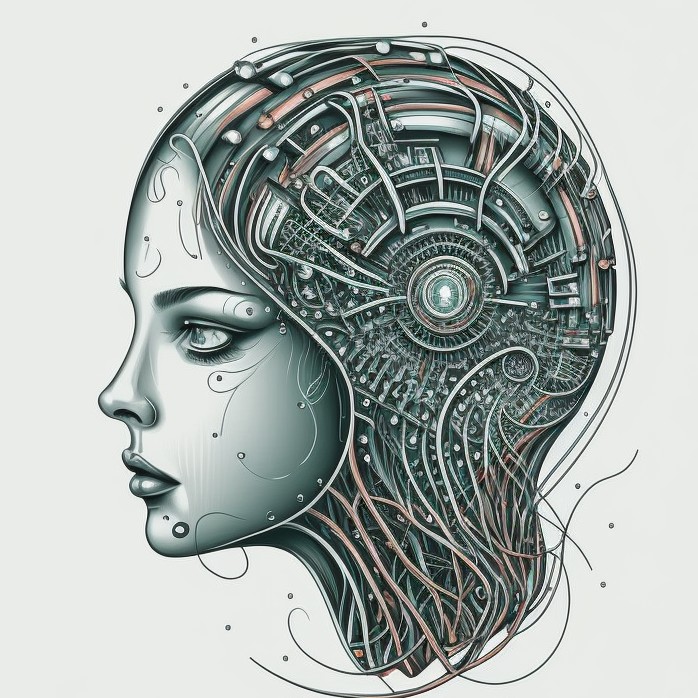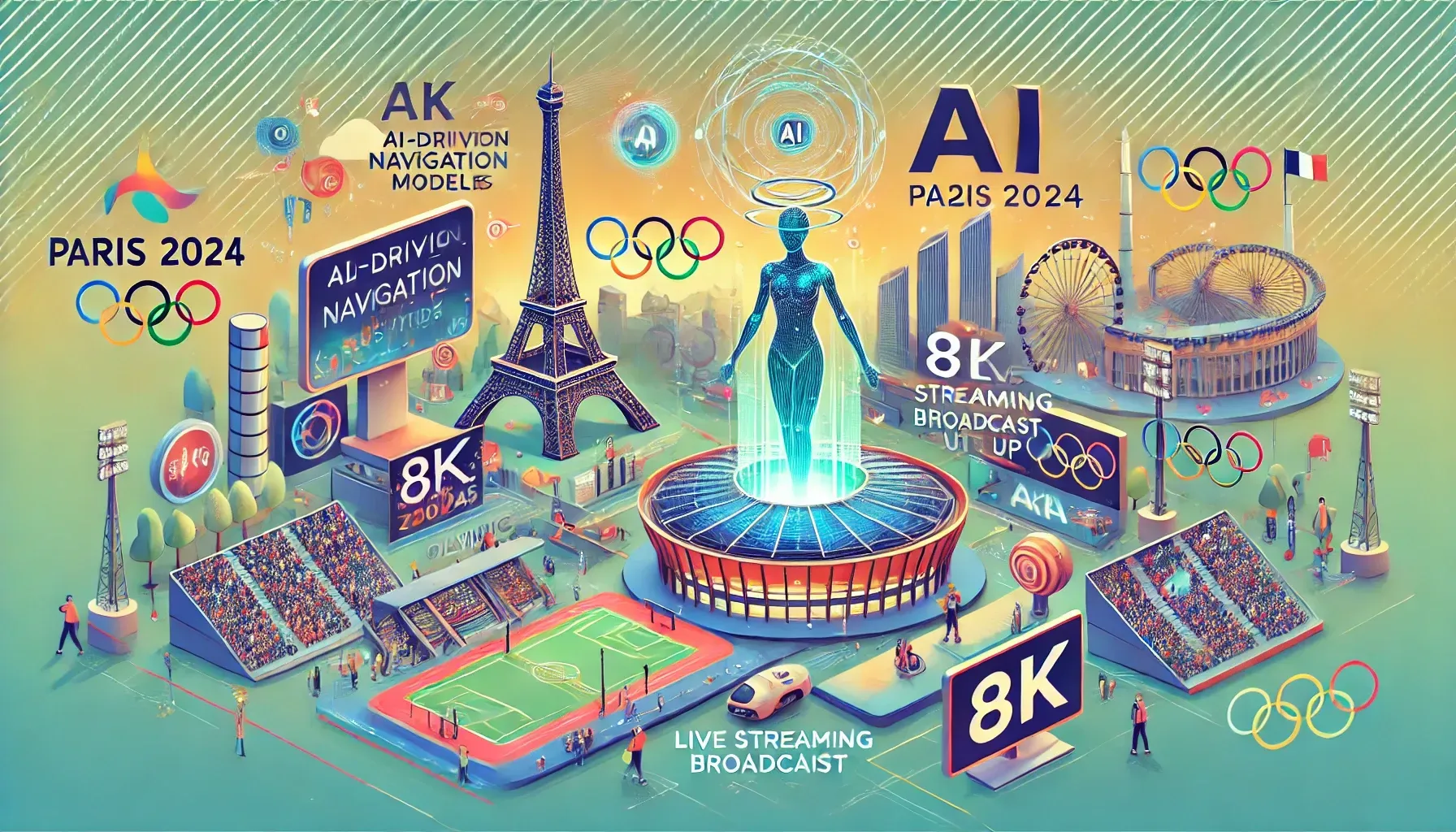Navigating the Ethical Minefield: How ChatGPT's Content Sources and Political Bias Shape Public Opinion
As mainstream media outlets like The Guardian and Washington Post scrutinize ChatGPT's content sources and alleged political bias, we delve into the ethical implications and what it means for the future of AI in journalism.
n recent weeks, ChatGPT has found itself at the center of a media storm, with outlets like The Guardian and Washington Post raising questions about the ethical implications of its content sources and alleged political bias. While The Guardian has blocked ChatGPT from harvesting its content, citing intellectual property concerns, a study from the University of East Anglia suggests that ChatGPT leans liberal. These developments raise important questions about the role of AI in shaping public opinion and the need for a balanced AI education.
The Guardian's Blockade: A Double-Edged Sword
The Guardian's decision to block ChatGPT from harvesting its content has sparked a debate about the quality of information used for training AI. Critics argue that by denying access to reputable sources, we risk training AI on less trustworthy information. This could have far-reaching implications, as AI continues to augment and even replace traditional news content creation. The Guardian's move, while aimed at protecting intellectual property, may inadvertently contribute to the spread of misinformation by limiting the diversity of content sources.
The Liberal Bias Conundrum
A recent study by researchers at the University of East Anglia has added another layer of complexity to the ChatGPT debate. The study suggests that ChatGPT exhibits a liberal bias, a claim that could have significant implications for how the technology is perceived and used. While OpenAI maintains that ChatGPT does not hold political opinions, the study's findings raise questions about the neutrality of AI and the potential for these systems to influence public opinion.
The Need for a Balanced AI Education
Both the content source blockade and the allegations of political bias underscore the need for a balanced AI education. As AI becomes an increasingly integral part of our lives, it is crucial to ensure that these systems are trained on accurate and balanced information. This will require a collaborative effort from tech companies, media outlets, and policymakers to establish guidelines for ethical AI training and usage.
Conclusion
As AI technologies like ChatGPT continue to evolve, ethical considerations will play an increasingly important role in shaping their development and public perception. The recent scrutiny from mainstream media outlets serves as a timely reminder of the challenges and responsibilities that come with integrating AI into our daily lives. By addressing these ethical concerns head-on, we can work towards a future where AI serves as a force for good, rather than a tool for misinformation or bias.
ChatGPT Prompts Hub blog



